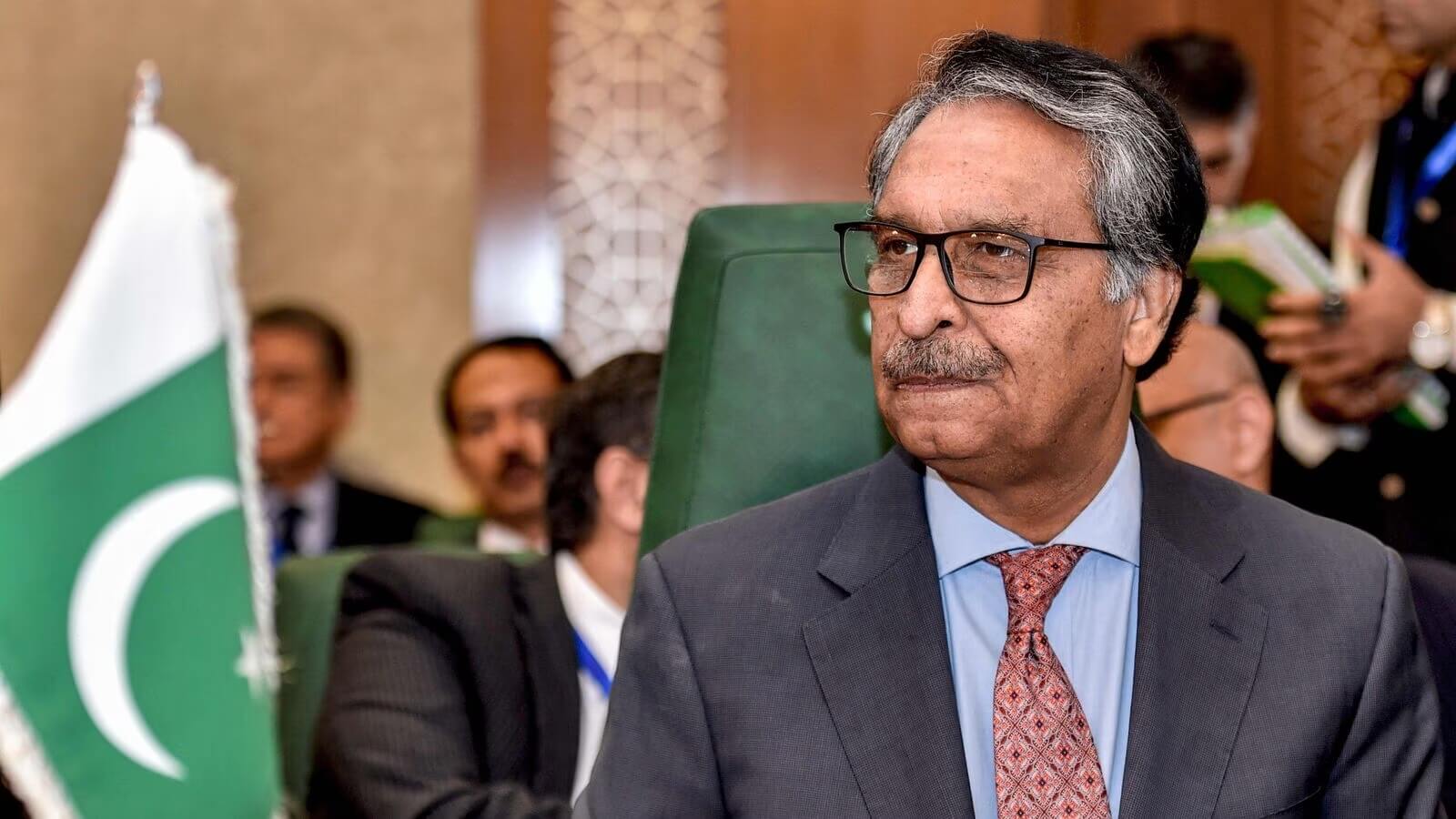On Monday, Pakistan categorically rejected the Indian Supreme Court’s recent judgement upholding the abrogation of Article 370, which granted a special status to the state of Jammu and Kashmir (J&K).
Commenting on the judgment, the Pakistani Ministry of Foreign Affairs (MoFA) said that the ruling holds no “legal significance” and India has no right to make unilateral decisions on the status of the disputed territory.
No Legal Significance
“J&K is an internationally-recognised dispute, which remains on the agenda of the UN Security Council for over seven decades,” caretaker Foreign Minister Jalil Abbas Jilani said.
International law doesn't recognize India’s unilateral and illegal actions of 5 August 2019. The judicial endorsement by the Indian Supreme Court has no legal value. Kashmiris have an inalienable right to self determination in accordance with the relevant UN SC resolutions.
— Jalil Abbas Jilani (@JalilJilani) December 11, 2023
Rejecting the ruling on “the status of Indian Illegally Occupied J&K (IIOJK),” Pakistan asserted that the final disposition of J&K must be made in accordance with the relevant UN Security Council Resolutions and as per the aspirations of the Kashmiri people.
“Pakistan does not acknowledge the supremacy of the Indian Constitution over J&K,” the MoFA said in a statement.
The statement added that any process regarding the matter, subservient to the Indian Constitution, carries no legal significance.
“India cannot abdicate its international obligations on the pretext of domestic legislations and judicial verdicts. Its plans to annex IIOJK are bound to fail,” Pakistan said.
On Monday, the Indian Supreme Court unanimously upheld the validity of a 2019 decision by the Indian government to abrogate Article 370, which bestowed a special status to the erstwhile state of J&K.
Verdict Fails to Recognise Disputed Nature of J&K Dispute
“The judicial endorsement of India’s unilateral and illegal actions of 5 August 2019 is a travesty of justice, based on distorted historical and legal arguments,” the statement went on.
“The Indian Supreme Court’s verdict fails to recognise the internationally-recognised disputed nature of the J&K dispute,” it claimed.
Pakistan claimed that the judgment fails to cater to the aspirations of the Kashmiri people and is yet another manifestation of the pliant judiciary under India’s ruling dispensation.
“Restoration of statehood, conduct of State Assembly elections or similar steps cannot serve as a substitute to the grant of the right to self-determination to the Kashmiri people,” it held.
The judgement cannot distract the international community’s attention from the gross and systematic human rights violations being perpetrated in IIOJK.
Violative of UN Resolutions
Pakistan said that India’s “unilateral and illegal measures since 5 August 2019 have been aimed at changing the demographic structure and political landscape of the IIOJK, in flagrant violation of international law and the relevant UN Security Council Resolutions, especially Resolution 122 (1957).”
Resolution 122 made the provision for a UN-led plebiscite in the state of J&K.
Pakistan said India’s measures remain a matter of grave concern, as their ultimate goal is to convert the Kashmiris into a disempowered community in their own land, and must be rescinded.
The Supreme Court of India has upheld the abrogation of Article 370 in 2019 as valid.#supremecourt #supremecourtofindia #sc #sci #article370 #jammukashmir #jammuandkashmir #jammu #kashmir #ladakh #statecraft #statecraftdaily pic.twitter.com/S7Oo0UyjLZ
— Statecraft (@statecraftdaily) December 11, 2023
Islamabad added that it would continue to extend its full political, diplomatic and moral support to the people of IIOJK for the realisation of their inalienable right to self-determination.
India and Pakistan have been embroiled in a bitter dispute regarding the state of J&K since their partition in 1947.
While India’s claims to the territory can be dated back to the Instrument of Accession (IoA) signed by the Maharaja of J&K with India, Pakistan disputes the validity of the IoA. It claims the region based on its Muslim-majority population.

